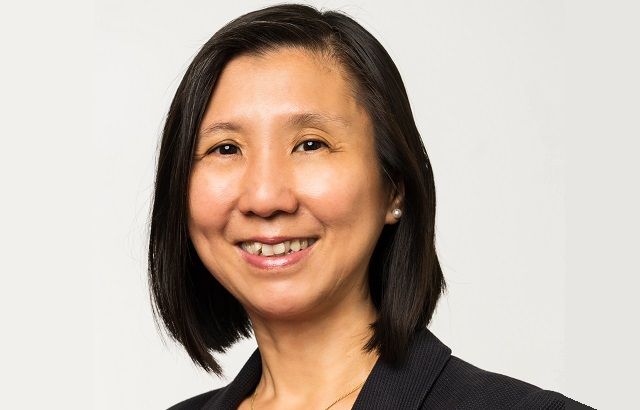
What is your strategy?
The investment objective of the fund is to seek long-term capital appreciation by investing in smaller to medium-sized companies in the Asian region, for example, companies whose assets, products or operations are in the Asia. In practice, at least 50% of the sub-fund’s investment will be in companies whose free float adjusted market capitalisation at the time of purchase is less than €1.35bn.
PineBridge Asia ex Japan Small Cap Equity Fund vs benchmark

Source: FE Analytics
Why should fund selectors invest in your fund vs your peers?
Within the Asia ex Japan region, 90% of all listed corporations – about 15,000 – are small-cap. These businesses offer a plethora of investment choices across different sectors, markets, and trends. Yet this market segment is often under-researched, under-owned, and, in many cases, undervalued, with mispricing opportunities. We use a fundamental bottom-up selection process to pick the best companies and construct portfolios. We don’t believe in portfolio churning; our strategy likely works better for those with a longer-term investment horizon and are willing to hold on to quality stocks through short-term volatility.
Why does your strategy stand out from your peer group?
We follow a fundamental, research-driven, high-conviction investment approach over a long-term time horizon. The freedom to select from the vast universe of companies across diverse industries allows us to uncover unique opportunities beyond the benchmark. The fund exhibits low turnover and aims to hold high conviction positions in a meaningful way.
How do you protect investments against market volatility?
Our due diligence process in stock selection, honed through multiple market cycles, acts as a built-in risk management system that helps ensure our portfolio is more resilient over our long-term investment horizon. As long-term investors, we view episodic volatility not with anxiety, but as an opportunity to increase our positions or spot a potential addition.
How does your fund prosper in a bear market or outperform in a bull market?
We invest in companies, not markets and look to deliver alpha over cycles. A bull or bear market won’t impact our investment approach. Therefore, we will not be chasing momentum stocks in bull markets if the companies are fundamentally weak or valuations over-stretched.
As the US-China trade war escalates and global growth slows is it really a sensible time to be investing in Asian small caps?
The current environment has certainly caused a structural shift in allocation of capital as investors “risk off”. Our belief is that quality companies that have sensible use of capital throughout the years and are at the forefront of technology will survive and gain market share. There have been many crises where opportunity presents itself in the attractive valuation of companies and it is at these points in time where investing for the long term could reap rewards.
What is your professional biggest fear at the moment?
Geopolitics and the changing behaviour of governments around the world is the biggest risk to stability in the markets.







